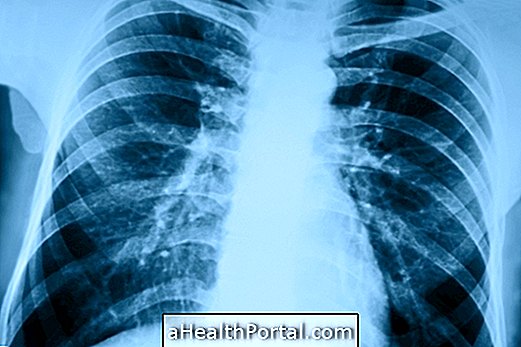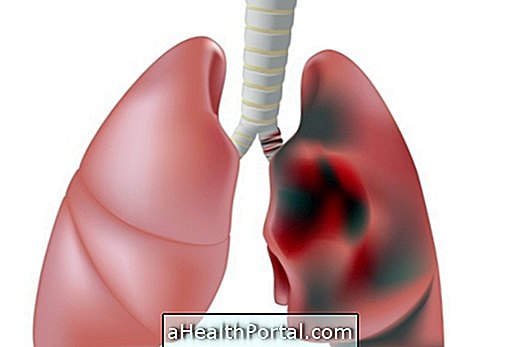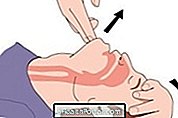The cerazette is an oral contraceptive, whose active principle is desosgestrel, a substance that inhibits ovulation and increases the viscosity of the cervical mucus, preventing a possible pregnancy.
This contraceptive is produced by the Schering laboratory and can be purchased in pharmacies, with an average price of 30 reais for boxes with 1 carton of 28 tablets.
![]()
What is it for
Cerazette is indicated for the prevention of pregnancy, especially in women who are breastfeeding or who can not or do not want to use estrogens.
How to take
One pack of Cerazette contains 28 tablets and you should take:
- 1 whole tablet a day, at approximately the same time, so that the interval between two tablets is always 24 hours, until the carton is finished.
The use of Cerazette should be initiated by the tablet of the first line, marked with the corresponding day of the week, and all the tablets must be taken until finishing the package, following the direction of the arrows of the card. When you finish a card, it should be started immediately after the end of the previous one, without pausing.
What to do if you forget to take
Contraceptive protection may be decreased if there is a longer interval of 36 hours between two tablets, and there is a greater chance of becoming pregnant if oblivion occurs within the first week of using Cerazette.
If the woman is less than 12 hours late, she should take the forgotten tablet as soon as she remembers and the next tablet should be taken at the usual time.
However, if the woman is delayed for more than 12 hours, she should take the tablet as soon as she remembers and take the next one at the usual time and use another additional contraceptive method for 7 days. Read more in: What to do if you forget to take Cerazette.
Possible side effects
Cerazette can cause pimples, decreased libido, mood swings, weight gain, breast pain, irregular menstruation or nausea.
Who should not take
The Cerazette pill is contraindicated for pregnant women, severe liver disease, clot formation in the blood vessels of the legs or lungs, during prolonged immobilization by surgery or disease, undiagnosed vaginal bleeding, undiagnosed uterine or genital bleeding, breast tumor, allergy to product components.




















